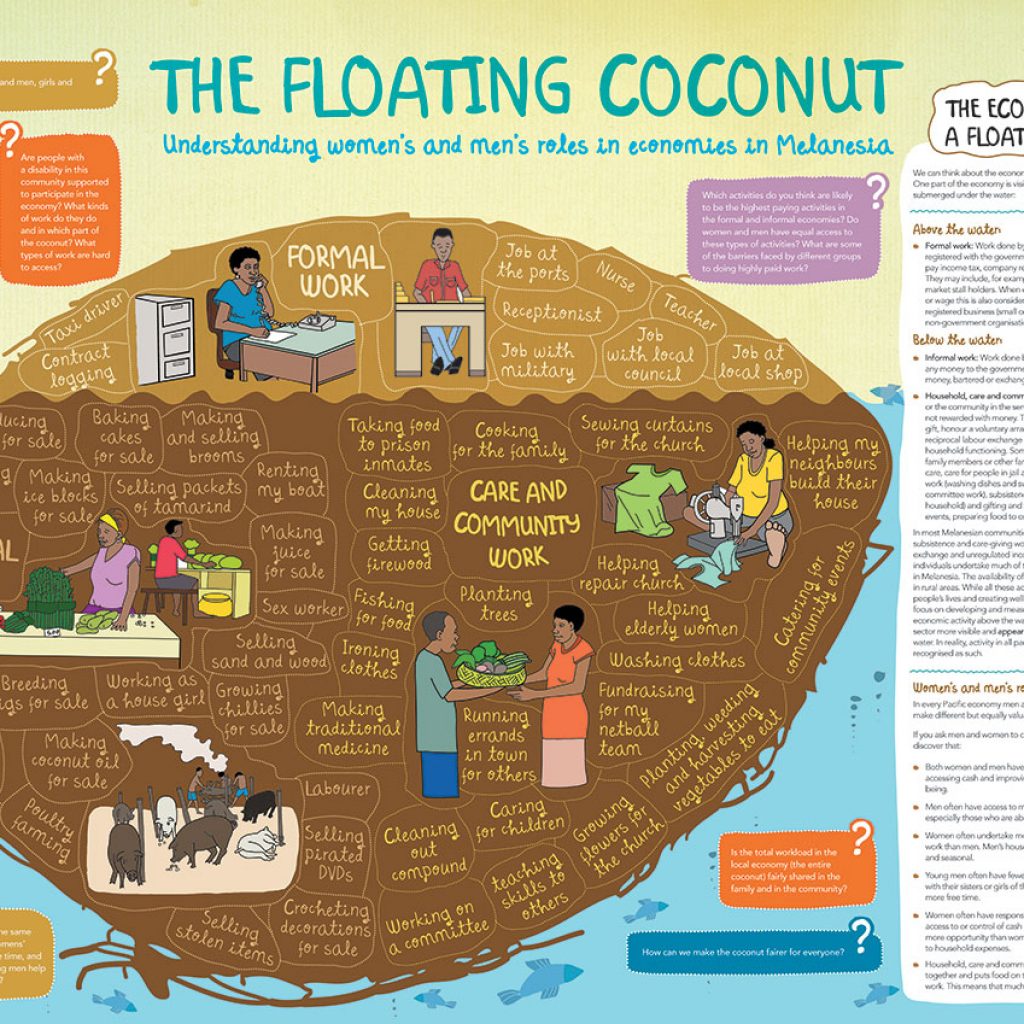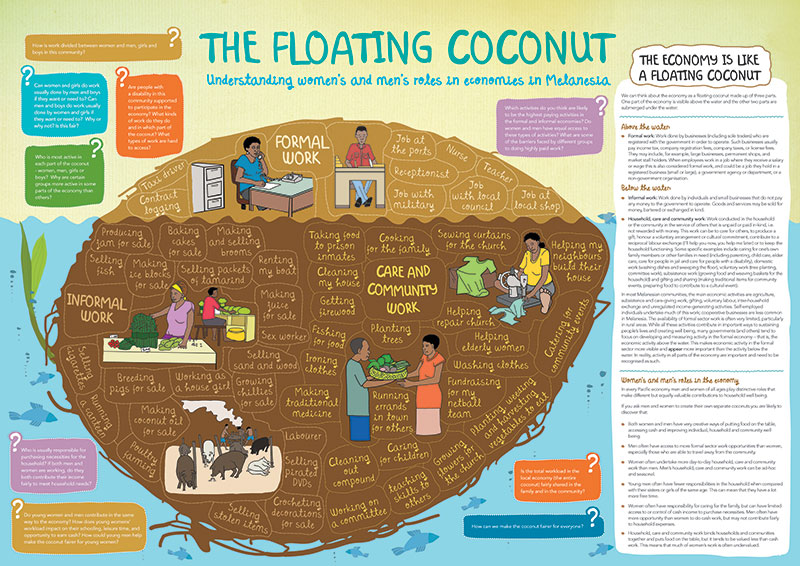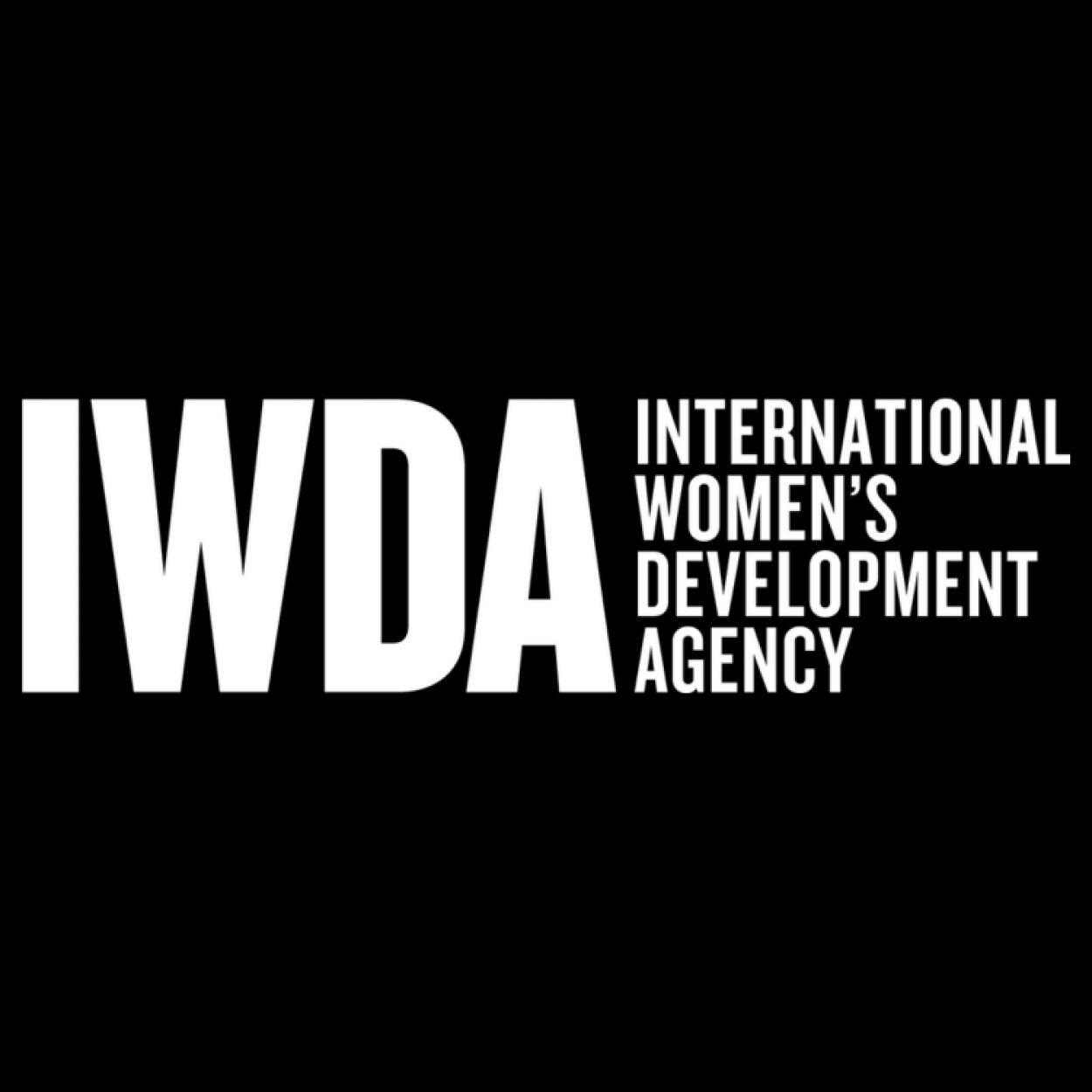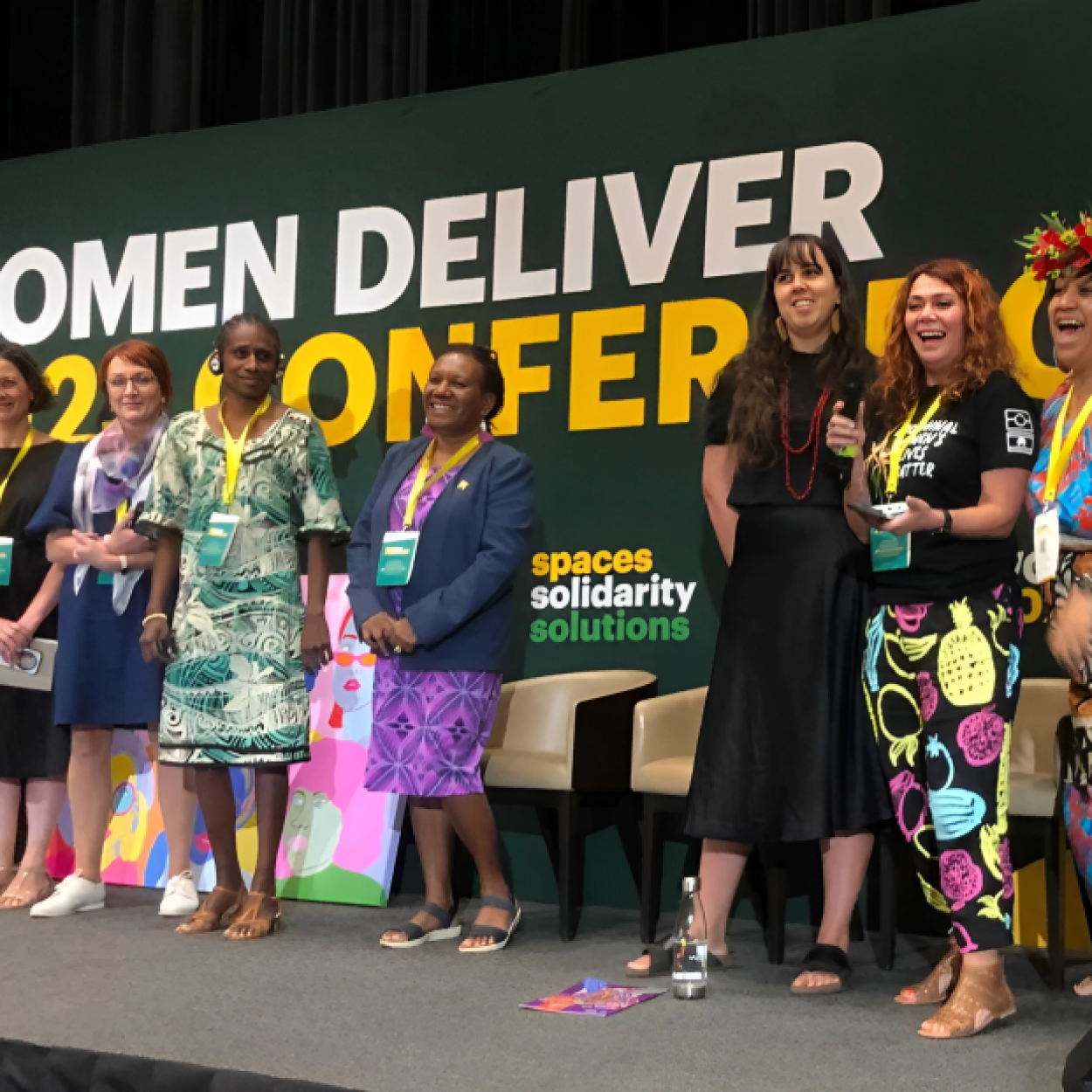
TOOLKIT: How Will Economic Change Impact Gender Roles in Melanesia?
We’re pleased to relaunch our Gender and Economy in Melanesian Communities toolkit, designed to empower individuals and organisations to take a gender-transformative and contextually sensitive approach to understanding Melanesian economies.
In these uncertain times, economies all over the world are undergoing significant disruption and rapid change – not least of all across the Pacific. Since these developments have the potential to affect men and women differently, both positively and negatively, it is vital to understand how we can minimise negative impacts and promote the kind of economic development that benefits both women and men, of all diversities.
How did the toolkit come about?
We created the original version of this resource following two years of research in Solomon Islands and Fiji in 2010-12 alongside university partners and non-government agencies. Our purpose was to explore Melanesian understandings of gender and economy, and develop localised indicators and tools for tracking change in gender relations and economic opportunity or outcomes in Melanesia.
What does the updated toolkit contain?
In 2018, we carried out a review of the toolkit to look closely at the resource’s strengths, weaknesses and opportunities.The review of the toolkit found that it was the specificity of the examples, flashcards and materials that were most significant for users. Interestingly, most users opted to use individual tools, such as the Floating Coconut poster and River of Change, rather than the entire toolkit. Our findings led us to update the materials so we can best meet the needs of users and the communities in which they work.
The revised toolkit is a gender-transformative way to look at changes in Melanesian economies through posters and flashcards that aim to spark conversations on the gender roles and expectations around paid work, unpaid work, household income management, and spending. For instance, the floating coconut poster enables individuals within a community to visualise the different areas in which they, their friends, family, partner and neighbours work.
Here’s a breakdown of the materials:
- a manual of indicators and tools to track change in gender relations and the economy in Melanesian communities
- a poster to demonstrate the four main tributaries of change necessary to improve gender relations in Melanesian communities
- a poster using floating coconuts to help in understanding roles of women and men in economies in Melanesia
- flash cards for three participatory monitoring tools to test the strength and the flow of the ‘river of change’
How can the toolkit be used?
The toolkit works particularly well as a conversation starter for men and women to explore a range of gender issues. It can also contribute to transformative monitoring and evaluation practice by engaging communities in processes to reflect on their own context and determine their progress towards goals defined by them.
Materials from the toolkit have been used in many countries across Asia and the Pacific, including Solomon Islands, Vanuatu, PNG, Timor Leste, Myanmar, Vietnam and Laos. Dr Linda Mallam, a gender consultant who used the materials during a CARE baseline study in Laos, said: “This is an incredible toolkit … This was the best field work I have ever done and I feel privileged to be able to use the tools.”
How can I access the materials?
Here’s where you can download the Gender and Economy in Melanesian Communities toolkit. As we’re keen to keep track of how these materials are used, please let us know by filling in the form, then the toolkit will reach you by email within a minute or so.
Explore more of our resources here, such as our new Plan Your Power advocacy toolkit and our Do No Harm toolkit.



